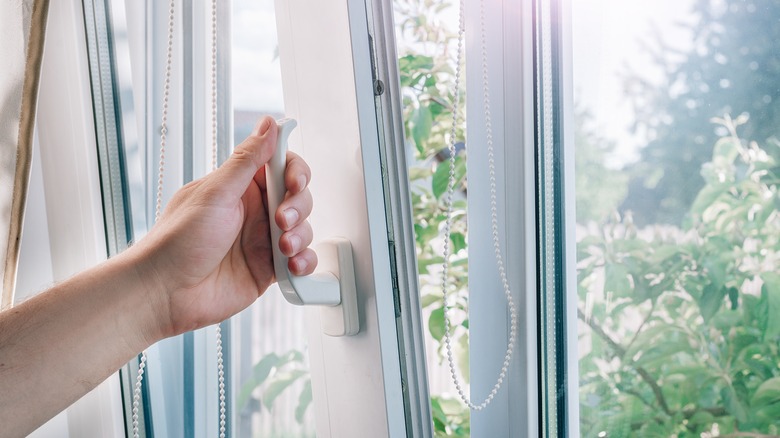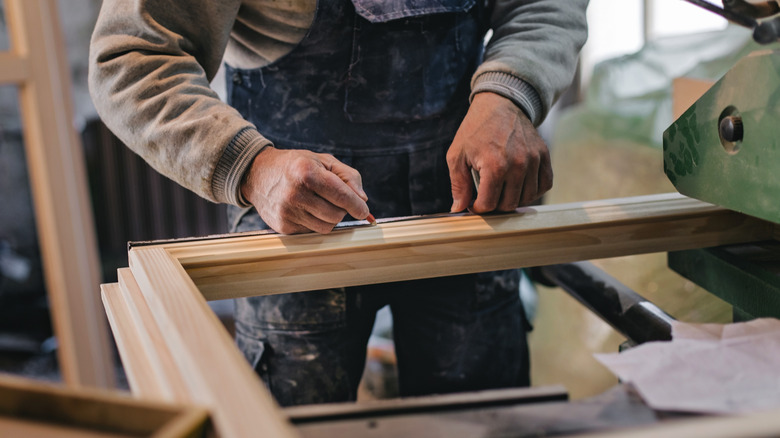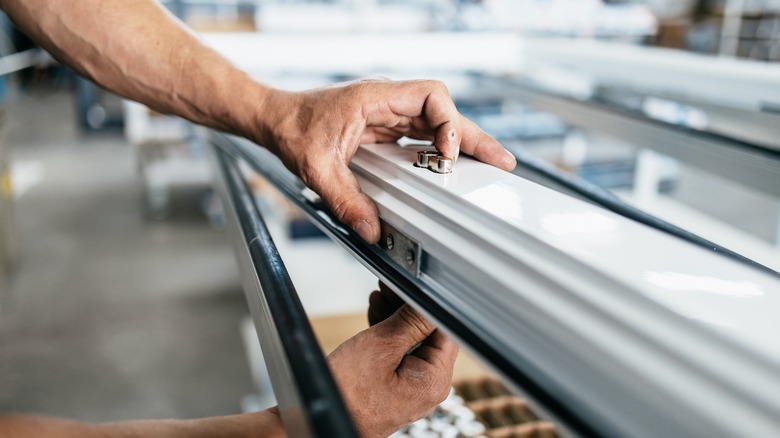Wood Vs Vinyl Windows: Which Is Right For Your Home?
Choosing the right materials for your home can be a daunting task, especially when deciding between wood and vinyl windows. This choice impacts not only the look and feel of your home but also factors such as maintenance, energy efficiency, durability, and cost. The decision also depends on your personal preferences, budget, and specific needs. The rich warmth of wood is undeniably appealing and adds a significant degree of charm and character to your home. Its natural elegance is often associated with high-end, luxury home design, giving your home a classic appeal that truly stands the test of time. Essentially, wood windows could be a great choice if you value appearances and are willing to invest time and money in maintenance.
On the other hand, vinyl windows might be more suitable if you want a cost-effective, low-maintenance solution. Vinyl windows present a more contemporary, lower-maintenance alternative to the traditional wood window. This choice is particularly appealing for homeowners seeking a budget-friendly option without sacrificing functionality or durability. All in all, the right windows can significantly enhance your home's look, comfort, and value. Take the time to weigh the pros and cons of both materials.
Why choose wood windows?
One of the greatest advantages of wood windows is their customization potential. The ability to paint or stain wood windows in any color means they can be tailored to perfectly suit your home's architectural style and color scheme. From deep mahogany to bright white, the range of finishes is virtually limitless, allowing you to create a bespoke look that perfectly complements your home's interior and exterior.
Another compelling reason to choose wood is its natural insulating properties. Wood is a poor conductor of heat, which can help regulate your home's temperature. During the cold winter months, wood windows can help keep the warmth inside your home, reducing reliance on heating systems. Conversely, they can help keep your home cool in the hot summer months by reducing heat transfer from outside. This temperature regulation can contribute to significant energy savings over time.
However, while wood windows offer many appealing benefits, they do require a higher level of care than their vinyl counterparts. If not properly maintained, wood windows can be susceptible to weather-induced damage such as warping or rotting. They require regular painting or staining to maintain their appearance and protect against the elements. Additionally, they may need to be treated to prevent pest infestations, particularly in regions prone to termites.
It's also worth noting that wood windows generally carry a higher price tag, both upfront and in terms of long-term maintenance. The initial purchase cost is typically higher than vinyl windows due to the cost of the material and the craftsmanship involved in their manufacture. Over time, the need for regular upkeep and potential repairs can also add to their total cost.
The benefits of vinyl windows
Vinyl windows are known for their minimal maintenance requirements, making them an attractive option for busy homeowners or those who prefer an easy-care lifestyle. Unlike wood, vinyl is highly resistant to elements that often cause wear and tear. It doesn't scratch easily, won't decay over time, and never needs to be painted or stained. These features save you significant time, effort, and resources, particularly when considering the life span of your windows.
Moreover, vinyl windows offer excellent energy efficiency, which is a critical factor in today's eco-conscious and cost-aware society. Most vinyl windows are designed with multi-chambered frames that enhance their insulation capabilities. This results in less strain on your home's heating and cooling systems, potentially leading to significant energy savings over time.
On the downside, while vinyl windows have come a long way in terms of style, they still lack the natural, high-end appeal that wood windows effortlessly provide. Despite technological advancements allowing a variety of colors and finishes, they can't quite emulate the depth and texture of natural wood. This might be a factor if your home has a rustic design.
Another point to consider is the longevity of vinyl windows. While they're quite durable and stand up well to environmental exposure, different types and styles exist. Some types may be stronger than others.


